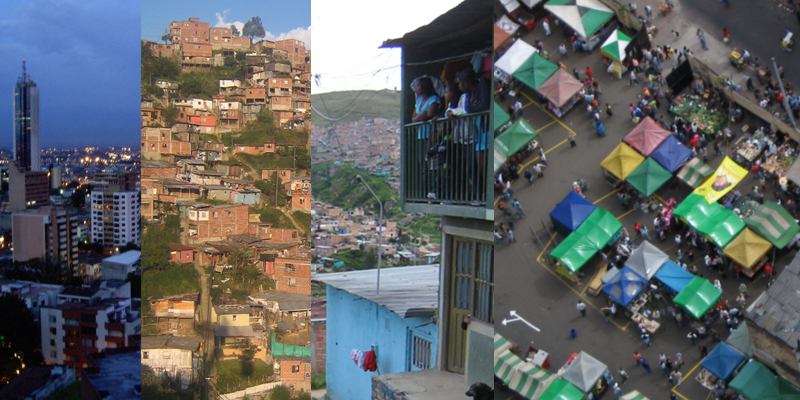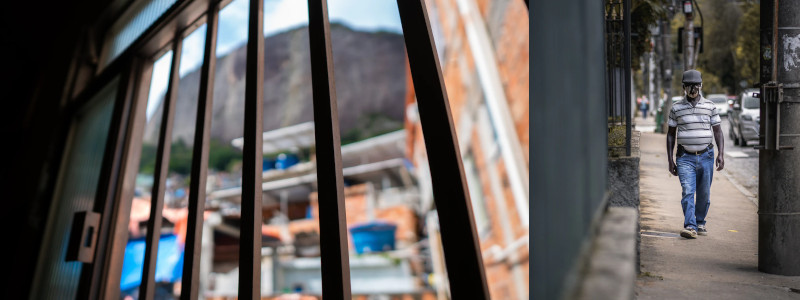Laboratories of Social Protection?
The Politics of Subnational Welfare in Times of Crisis
The COVID-19 pandemic has demanded large-scale emergency social protection measures to address the socioeconomic consequences of the crisis. Most national governments created new (or expanded existing) social assistance measures. However, this aid did not reach everyone in need, especially among vulnerable but hard-to-reach populations such as migrants, slum residents, and ethnic minorities.
Local and intermediate governments have played a crucial though underrecognized role in assisting those groups. In so doing, they have also been at the forefront of policy innovations—such as unconditional cash transfers, digital payment systems, and various types of state-society synergies for aid targeting and delivery—that may have a lasting impact on social protection systems worldwide.

My research on subnational responses to the COVID-19 crisis focuses on Colombia and Brazil, two Latin American countries with highly dissimilar institutional characteristics (one unitary, the other one federal) but where many local and state governments were similarly instrumental in supplementing national governments’ emergency relief. The study asks why some subnational governments create new social programs while others do not, why they choose certain program designs over others, and why some make these measures permanent while others do not. It also narrows in on the micro-level processes of aid targeting and delivery to examine how local administrations with limited institutional capacity identify and locate populations in need.
The study combines remote and in-person interviews, public information requests, and extensive data collection from online news media, government websites, non-governmental reports, and social media publications, with fuzzy-set qualitative comparative analysis (fsQCA) and process tracing.

Publications
“The Distributive Politics of Social Assistance Targeting: Evidence from COVID-19 Relief in Colombia,” Social Policy & Administration, EarlyView (2023), doi: 10.1111/spol.12908.
Work in Progress
“Large and Honest COVID-19 Relief: A Subnational Qualitative Comparative Approach with Evidence from Colombia,” APSA Preprints, October 11, 2022, doi: 10.33774/apsa-2022-vx83s.
Public Engagement and Selected Presentations
- “Política distributiva e focalização de políticas sociais,” presented at the Clientelismo revisitado: Desafios teóricos e metodológicos roundtable, Universidade do Estado do Rio de Janeiro (July 21, 2022, in Portuguese).
- “Balance de la política social en la pandemia”, El Espectador & Razón Pública, March 30, 2021.
- “Política social subnacional en los tiempos del COVID-19,” Seminario DePolítica Webinar (March 4, 2021, in Spanish)
Acknowledgments
This study has received support from the American Political Science Association through a Centennial Center Research Grant, the Facultad de Ciencias Sociales at the Universidad de los Andes, and Carleton College.
Vinícius d’Ávila, Jonathan Hurtado, Geraldinne Luna, Alejandro Mejía, Nicole Navarro, Sara Ramírez, and José Fernando Villota have provided outstanding research assistance.
